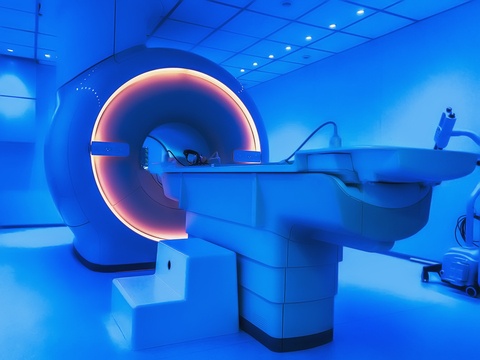Immune Checkpoint Inhibitors for Recurrent Mesothelioma: Early Adoption Gave Them Traction
A new report shows that doctors started using immune checkpoint inhibitors for recurrent mesothelioma at least two years before the practice was officially sanctioned. This early adoption gave ICIs traction to quickly become part of clinical practice. Immune checkpoint inhibitors block mesothelioma’s built-in resistance to immune system attack. They are among the most promising approaches to combating this intractable cancer. University of Pennsylvania researchers recently ran a retrospective study on immune checkpoint inhibitors for recurrent mesothelioma. The study looked at real-world mesothelioma patients at several different medical centers. The researchers found that, even though the National Comprehensive Cancer Network (NCCN) did not revise it’s guidelines to include immune checkpoint inhibitors as a second-line treatment until 2017, doctors were using them…









